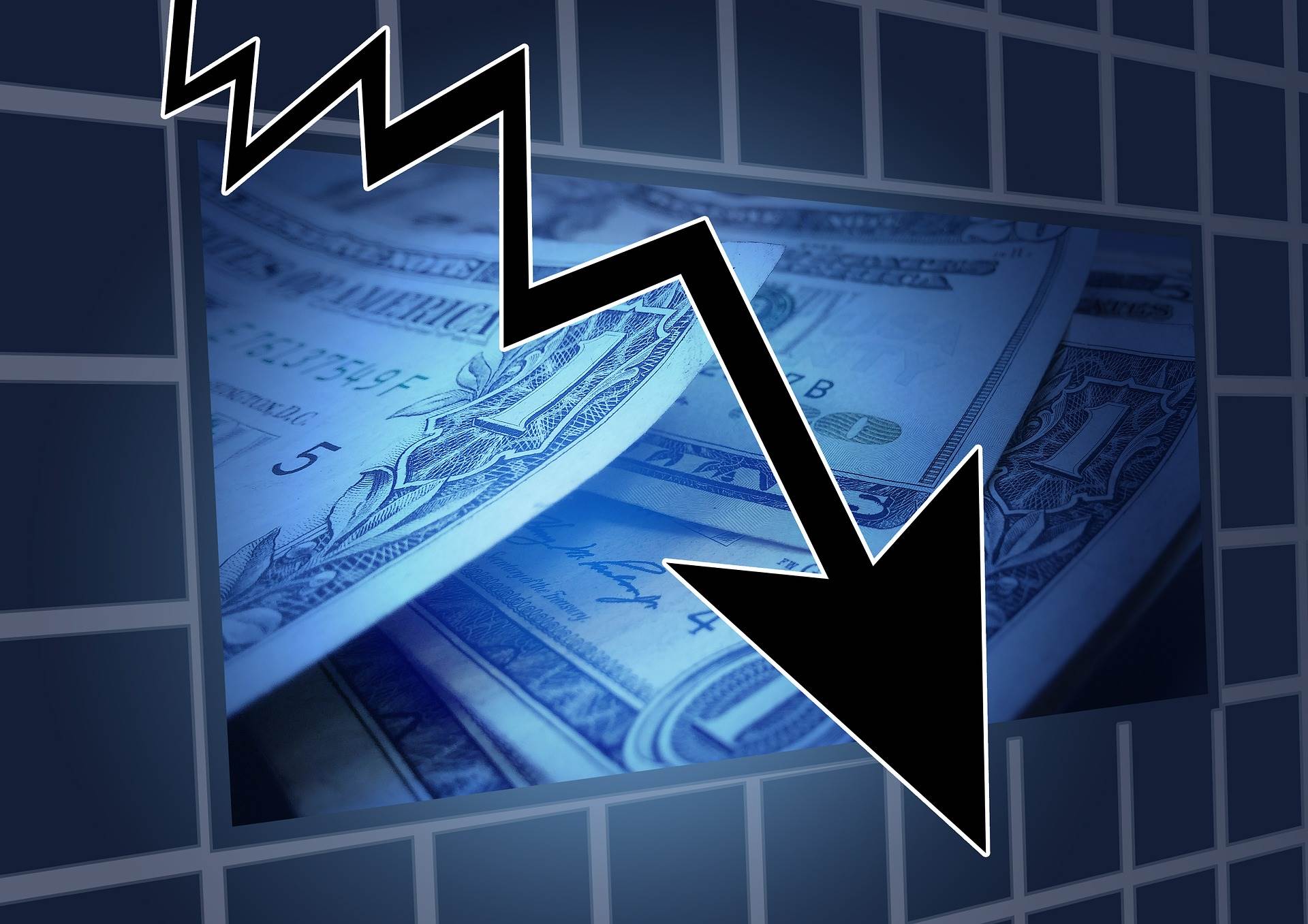 The dollar struggled during Tuesday's session, as protests continue across the United States for the eighth consecutive day.
The dollar struggled during Tuesday's session, as protests continue across the United States for the eighth consecutive day.
The US dollar index, which measures the Greenback's performance against a bundle of its competitors, dropped by 0.92 percent yesterday, amid the rising tensions linked with the escalation of the protests in the US and the threats of President Donald Trump to use the military to hinder the advance of them.
Thousands of protesters in New York City decided to keep demanding justice despite Mayor Bill de Blasio's announcement of a night long curfew. Additionally, protests continued in cities like Houston and Washington D.C., defying the police response.
Despite the situation, the main US Stock Indexes advanced. The S&P 500 advanced 0.82 percent, adding 25.09 points and closing yesterday's session at 3,080.82. Conversely, the NASDAQ 100 Stock Index gained 0.61 percent, adding 58.42 points and closing Tuesday's session at 9,657.31.
Oil markets also advanced for the fourth straight session, amid the rising positive expectations regarding the future of the OPEC+ agreement, which consists of limiting the supply in order to keep the prices under control. Brent Oil Futures advanced 3.26 yesterday, while West Texas Intermediate crude oil futures value increased by 4.99 percent.
A senior US government official commented on Tuesday that US administration is quite hopeful regarding the OPEC+ supply cut compliance. The comment came after Russia's energy ministry confirmed that the production in the Eurasian country fell to 8.59 million barrels per day last month.
“We trust that other major oil producers will not revert to policies that impede an orderly and swift recovery from these unprecedented global economic conditions,” he said.
The world's geopolitical scene it's not at its best either. The British Prime Minister wrote in the Times that the UK is not willing to withdraw its support to Hong Kong protestors if the Chinese government insists on imposing its, already controversial, national security law.
“If China proceeds, this would be in direct conflict with its obligations under the joint declaration, a legally binding treaty registered with the United Nations,” wrote Johnson, “If China proceeds to justify their fears, then Britain could not in good conscience shrug our shoulders and walk away; instead we will honour our obligations and provide an alternative,” he added.
Australia Is Officially Amid a Recession
According to the Australian Bureau of Statistics, the country's GDP contracted 0.3 percent on the first quarter, which according to the country's treasurer confirms that the country is now amid an economic recession.
“Based on what we know from Treasury, we’re going to see a contraction in the June quarter, which is going to be a lot more substantial than what we have seen in the March quarter,” explained Josh Frydenberg after confirming that the country is facing an economic recession.
The Reserve Bank of Australia recently decided to leave its benchmark cash rate unchanged on its last meeting, while signaling that it will continue doing whatever is needed to aid the economy. The bank also confirmed that the country is currently facing its worst downturn since the 1930s.
By 7:07 GMT the Australian Dollar advanced 0.62 percent against the Greenback, hitting the 0.6937 level.
